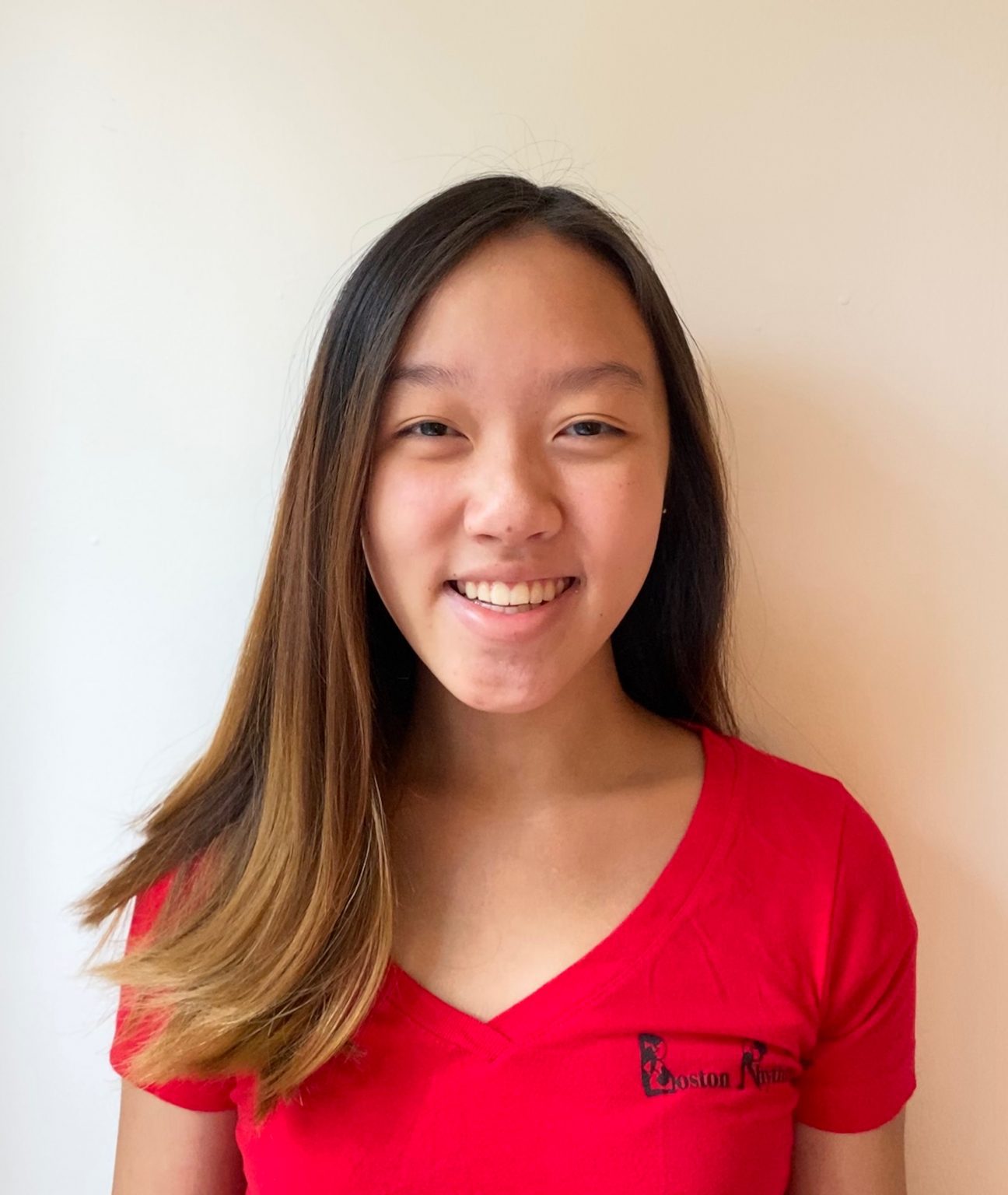
SIMON: Your parents were academic professionals in China, but what did they do to get by in the U.S.? There was this constant fear and constant messaging that we could be sent home. And then they started telling me to tell everyone that I was born here. They were very different from the joyful people that they were in China. WANG: Immediately upon arriving here, I noticed that my parents were incredibly nervous. SIMON: What did your parents caution you you should avoid saying and doing because your family was without documents? And it was in that room that I first felt this sense of agency. And it was there, really, that I discovered that I, myself, could learn English just through books. So after a day or two, the teacher recommended that I be put in a classroom for students with disabilities, even though I had no disabilities. My teacher spoke only Cantonese or English, neither of which I spoke. We only spoke Mandarin, and that immediately relegated us to kind of a lower caste. There were many immigrants from South China, and most everyone spoke Cantonese or Fujianese. There were not so many immigrants from North China. WANG: Yeah, when we got here, I remember the first thing we realized - that even though there were Chinese people around us in Chinatown, we were of a different kind of Chinese. So help us understand how you navigated through that world. You also didn't speak Chinese, as some kid taunted you about - at least his Chinese. WANG: It was, but I think I was protected by the fact that I was a child and just kind of took things as they came, as children do, and had that sort of natural resilience.

SIMON: This memoir takes us through five years in your childhood, a young girl trying to make a home in America with her family.

QIAN JULIE WANG: Thank you so much for having me, Scott. Qian Julie Wang, who is a Yale Law graduate, now an attorney, has written a memoir, "Beautiful Country." She joins us now from Brooklyn, N.Y. Her family escaped to the United States, New York, in 1994 but were undocumented, and they had to live, in the Chinese phrase, as people in hei (ph) - the dark, the shadows, the underground world of undocumented immigrants who work menial jobs off the books in fear that their underground existence might be exposed.


Her uncle, a teen at the time, was arrested for criticizing Mao Zedong, and her father's family lived under a hail of rocks, pebbles, slurs and worse. The story of Qian Julie Wang, as she explains, begins before she was born.


 0 kommentar(er)
0 kommentar(er)
